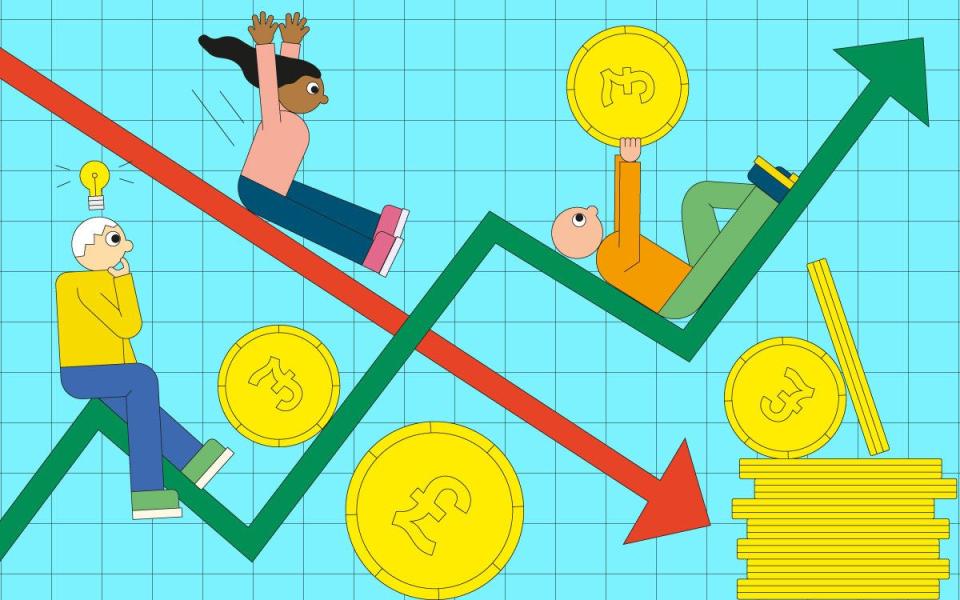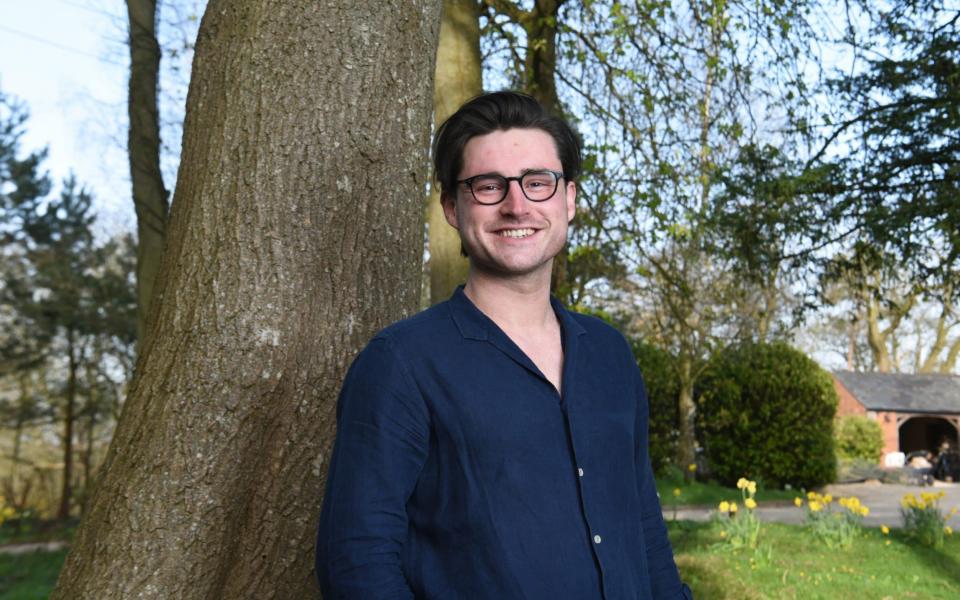How young people overhauled their spending habits in the last year

The events of the past year wreaked economic havoc on a global scale. But it also caused many young people to reconsider their finances – and overhaul them.
Those with stable jobs and excess income from lower spending have used months of lockdown to accelerate dreams of owning a home or starting investing.
According to a survey by financial adviser Progeny, 77pc of 18- to 34-year-olds claimed the pandemic had made them more cautious about their finances.
Similar research by Close Brothers, the asset management group, found the vast majority of people in this age category had already changed their finances, or planned to, in response to the crisis.
While some now worry more about their financial health, two in five young people said it had improved in the last year. We met three young people who took the chance to take control of their finances.
Accelerating savings
For Rhys Major, a 28-year-old working in law in London, the past year presented an opportunity to divert disposable income towards his goal of joining the property ladder. He is about to complete on a flat in Fulham, south-west London, which he bought with his sister.

"Lockdown has been really useful to evaluate what my spending should look like and put it to effective use. I used the months to save up and establish how much I could borrow and then, once that was worked out, how I could better spend the money I've got," said Mr Major.
"I was faced with the decision of 'do I go back to renting, or could I use this time effectively to secure borrowing and allocate the same money to mortgage expenditure'."
He said more of his friends had also bought their first home this year who, prior to the pandemic, would not have been looking to buy at this stage in life.
"It means no longer being beholden to the rental market, as we know it's very hard to save when the main body of your income is going on rent. For someone my age it came at the right time to sit down and assess things," he added.
Mr Major is not alone in using this time to join the property ladder. According to the Close Brothers research, 14pc of people in his age bracket were spurred by the pandemic to get on the ladder.
Pension takes priority
James Buckley-Thorp, 31 from London, seized the last 12 months as an opportunity to begin "aggressively" saving towards his pension. He is self-employed and warned that without an employer signposting pension contributions, it is easy for later-life saving to fall down the priority list.
"Managing pensions can be really complicated and a bit of a minefield, but lockdown gave me the time to decide what I wanted to do. I kick-started my pension and chose a self-invested personal pension, but part of it is managed," Mr Buckley-Thorp said.
A fifth of those aged between 18-34 started saving more into a personal pension in the last year, according to the research by Close Brothers, and 13pc increased their workplace pension contribution.
Mr Buckley-Thorp founded life insurance and will writing business Bequest and has seen a 4,050pc rise in the number of people enquiring about these services since April 2020, the majority in their early 30s.
"I think the pandemic has shown us how precious life actually is, and how easily it can be lost," he said. "This has worried a lot of millennials, who are now keen to protect, what they hadn’t thought about losing before."
First-time investors
Almost a quarter of those aged 18 to 34 put money not spent during lockdown, such as travel expenditure, into a savings pot.
Marion Green, a 31-year-old marketing manager from London, started investing at the beginning of the pandemic. She now puts about 30pc of her income into the funds in which she is invested, although she knows this will drop slightly when normal life resumes.
"I have been using the app Plum which really helped me get into the discipline of saving every month, which is something I should have done a lot earlier," she said.
"I used to have the impression that you needed a ton of money to get on the first step of the investing ladder, but I started very small by using the automated features and feeling out what type of fund I was happy investing in."
Ms Green, who asked to use a pseudonym, said she felt late to the game of investing, but the pandemic and its lockdowns gave her the disposable income and time to properly address her financial plans.

 Yahoo Finance
Yahoo Finance 